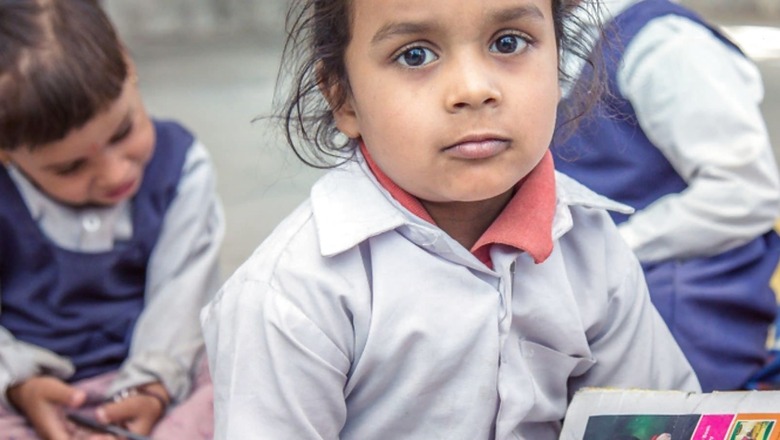
views
The mind is not a vessel to be filled but a fire to be kindled. These wise words emphasize the importance of early learning and its significant role in a child’s development. Foundational education, if done right, will focus on making learning a pleasurable experience, thereby demonstrating the joy of learning and discovery rather than making the child learn by rote or memory. Brain development takes place very rapidly in young children. Hence, the brain needs the proper stimulation, support, and nurturing to develop the cognitive skills necessary for future success.
According to recent reports, the sector is expected to touch a market size of $300 billion by 2029 as against $101 billion presently. Over the last three years the pace of change in edtech and career tech has accelerated significantly, especially edtech in the foundational learning category has seen prolific change and growth. A continuation of this trend is likely in 2023.
Here are five significant trends exerting major influence over the edtech sector:
More tech adoption in early learning programmes: Children today are adept at handling technology devices like smartphones, tablets, and laptops. Tech adoption will play an even more significant role in early education in the future. From teaching letters and numbers, phonetics, and reading, to basic mathematics, educators will use technology to impart lessons fostering creativity and making learning fun. Deep tech like Augmented and Virtual Reality will find their way into early learning platforms. Artificial intelligence (AI) will be used to assess students’ learning patterns and subject understanding and to track academic progress. Technology is paving new ways to bridge learning gaps and address the unique needs of students.
Personalized learning experiences: One size doesn’t fit all. Educators are leveraging technological advances to implement personalized learning programs at scale. Personalization ensures that teaching programs are more intuitive and responsive to students’ unique needs, capabilities, and interests. For example, early learning apps provide children with individualized learning journeys and actionable insights about their performance. These insights can help educators and even parents design individual lesson plans and provide more accurate and customized coaching based on the student’s unique needs. Although the concept of personalized learning is not new, the growth of ed-tech and the availability of digital content have significantly increased its implementation.
More advances in gamification: Gamification makes learning a fun experience and is a highly effective method of teaching children in the 2-10 year age group. At this age, children primarily learn through their emotions, hence the positive feelings usually associated with play are projected onto their academic lessons. Educators have adopted gamification for both online and offline courses. In 2023 we expect further advancements in gamification with more human-centric designs based on user feedback and performance data. Real-time and actionable data will be used to track student progress and make timely adjustments and interventions to teaching programs.
Use of cartoon characters in early education: Using popular cartoon characters in early learning is an effective way of building understanding and developing skills in young children. Cartoons stimulate children’s natural curiosity and, when used appropriately, can further their intellectual and emotional development. Using popular international characters in early education enhances real-world understanding and develops communication, comprehension, and language skills. It also helps sharpen perception and problem-solving capabilities and enhances creative thinking, decision-making, and observation skills.
The advancement of hybrid learning strategies: The pandemic has profoundly impacted how schools and educational institutions impart learning. Though schools have reopened, and life has crawled back to the post-pandemic normal, we expect that the digitization of education will continue in a hybrid format, even for children in the early, formative years. Hybrid learning combines the best online and offline techniques to enrich and create an ideal learning experience for young students. It allows flexibility in teaching methods and enables students to engage and collaborate with peers and instructors outside their physical boundaries. Children with advanced executive skills will find hybrid learning advantageous since they can conveniently revisit learning materials and course content, allowing them to learn from anywhere.
Prerna Jhunjhunwala is founder of Creative Galileo. Views expressed are personal.
Read all the Latest Opinions here


















Comments
0 comment